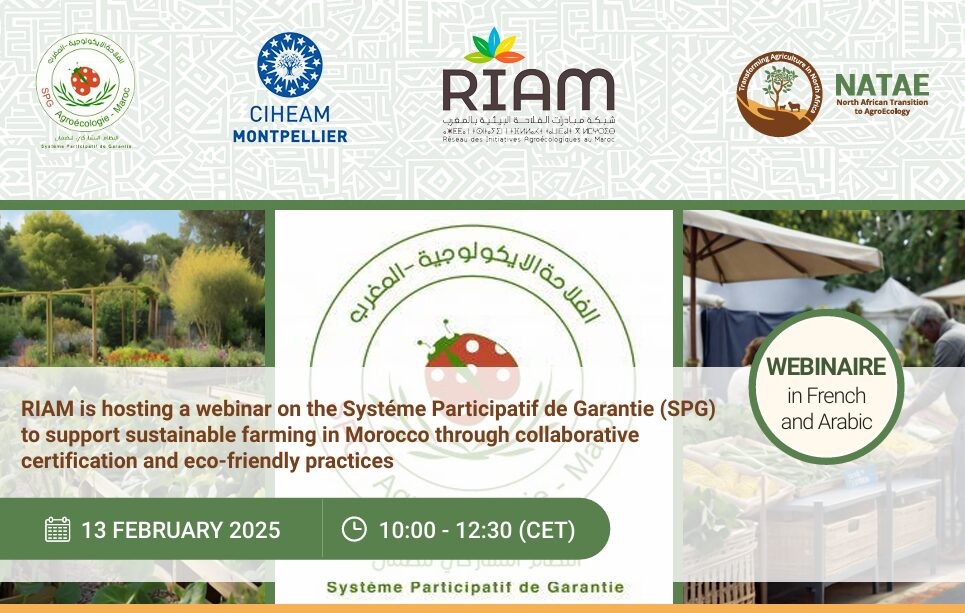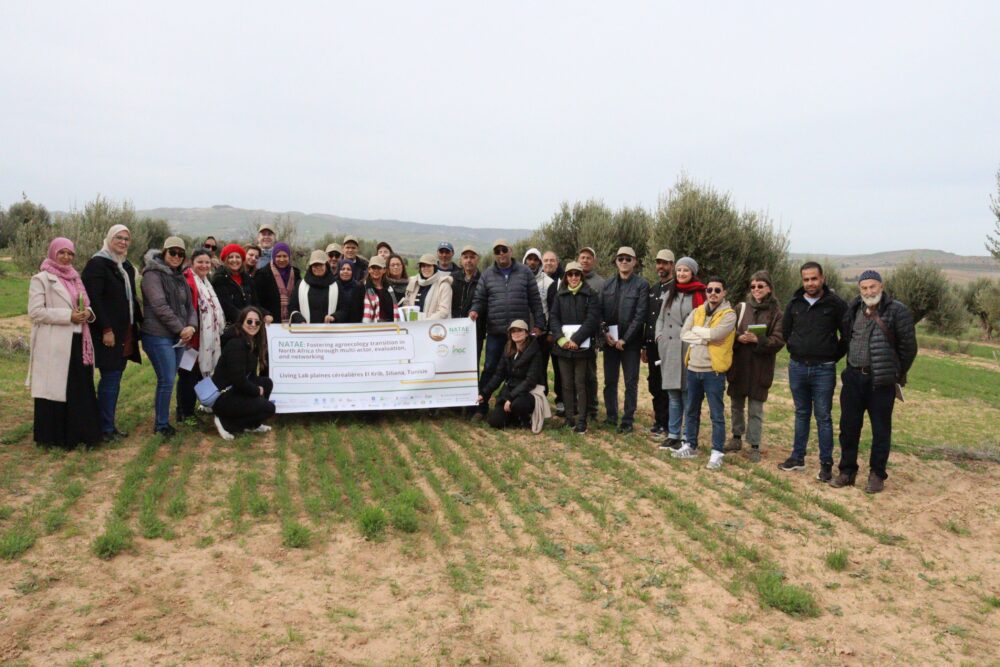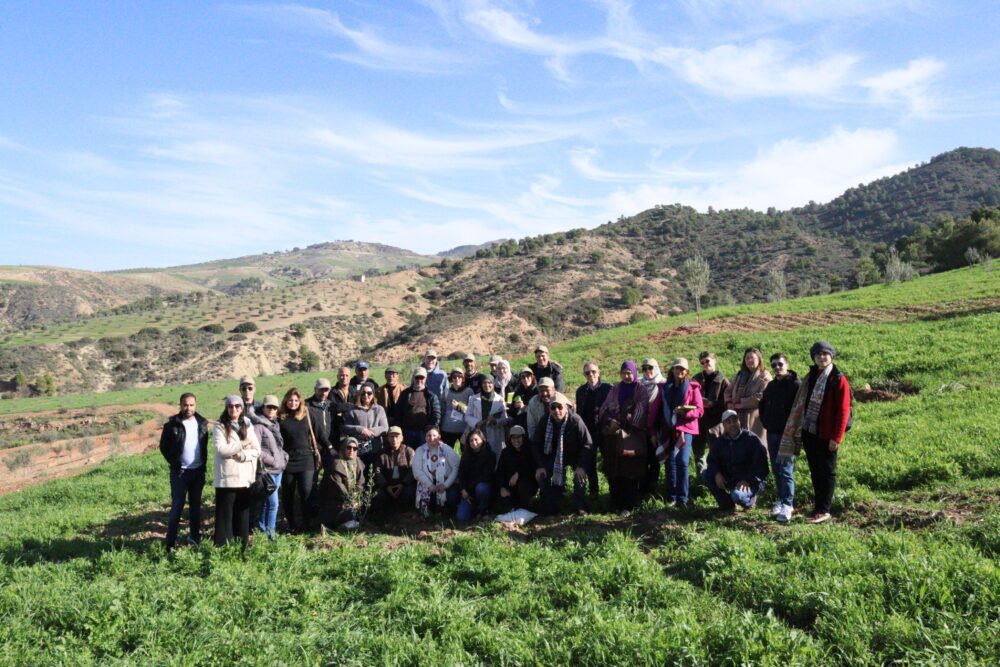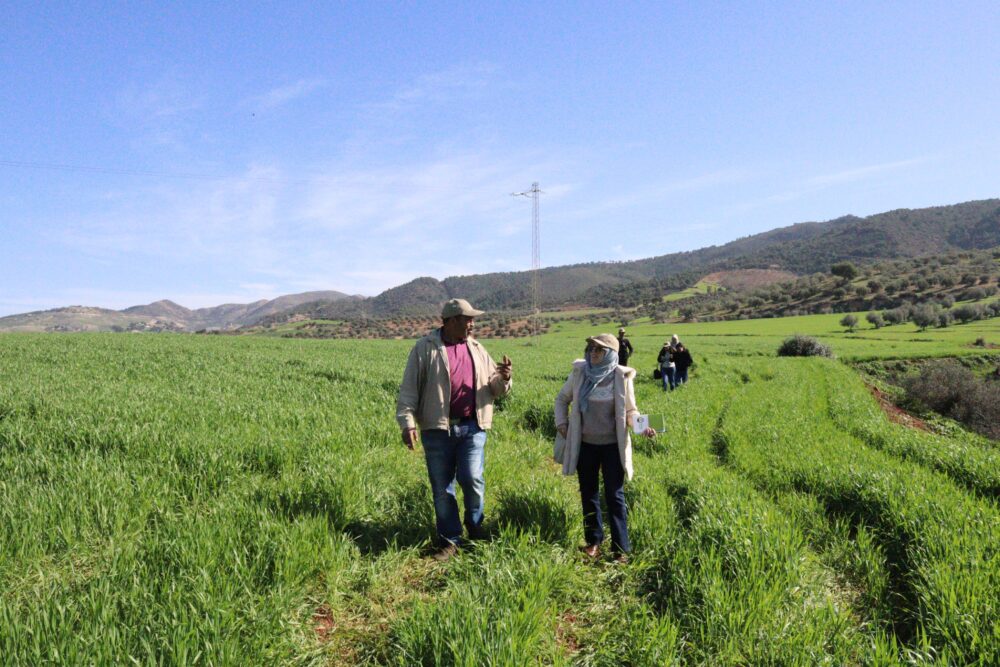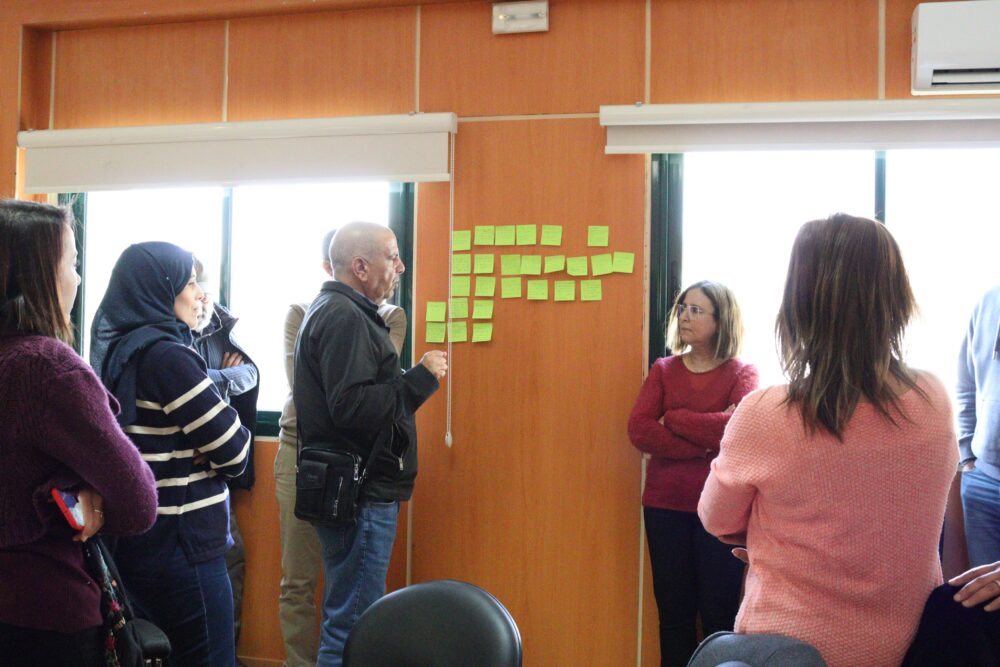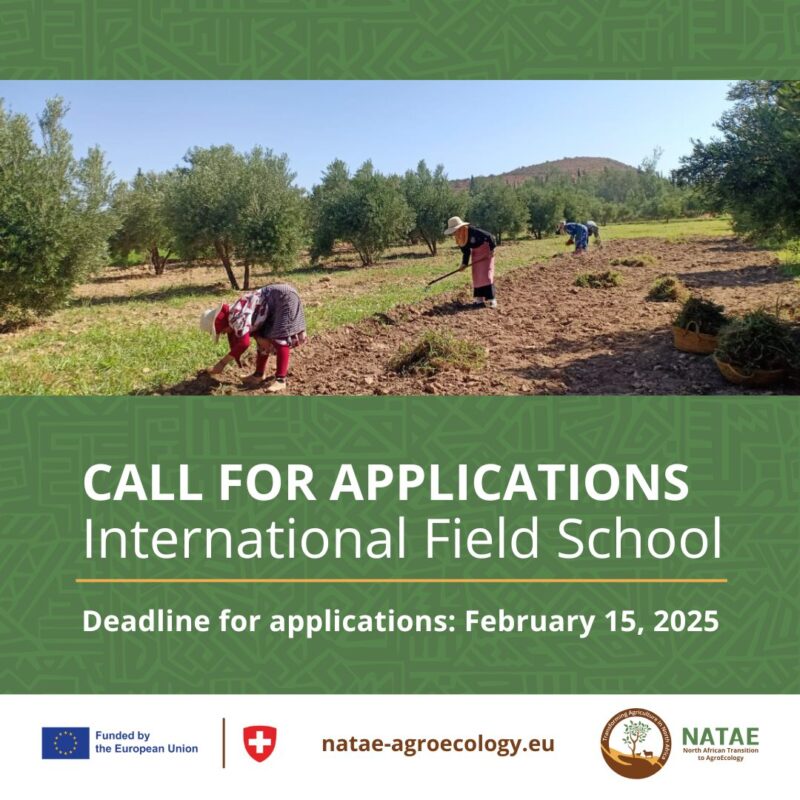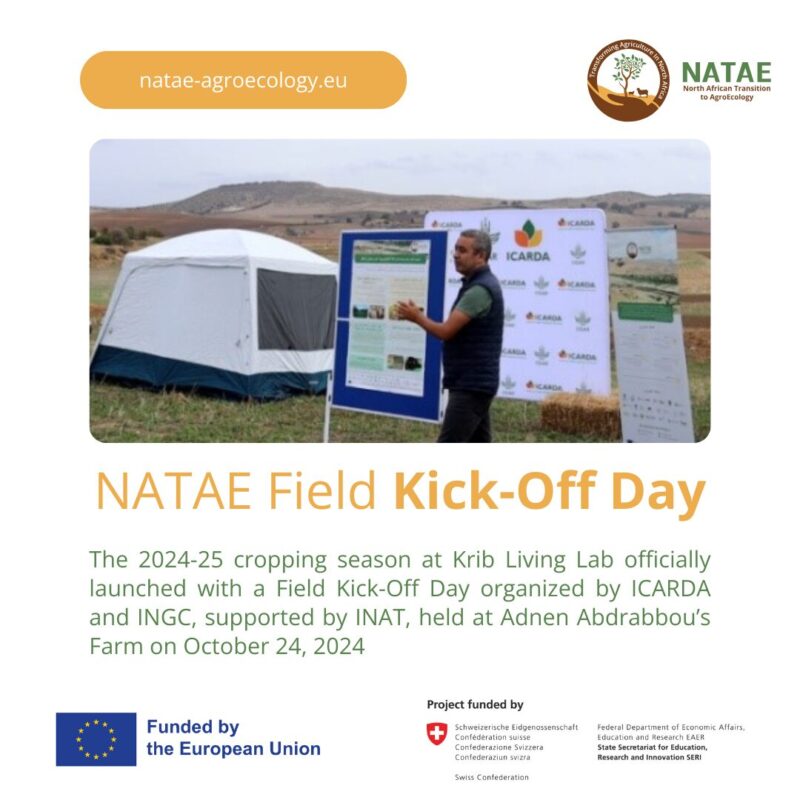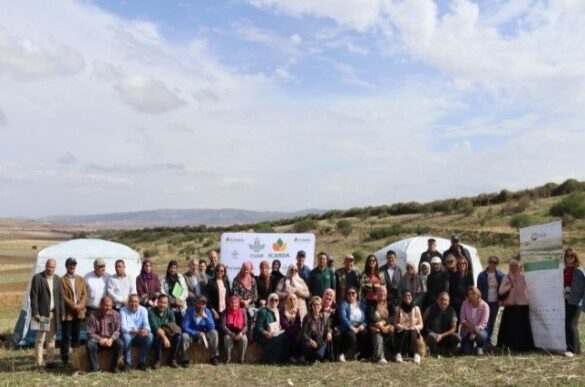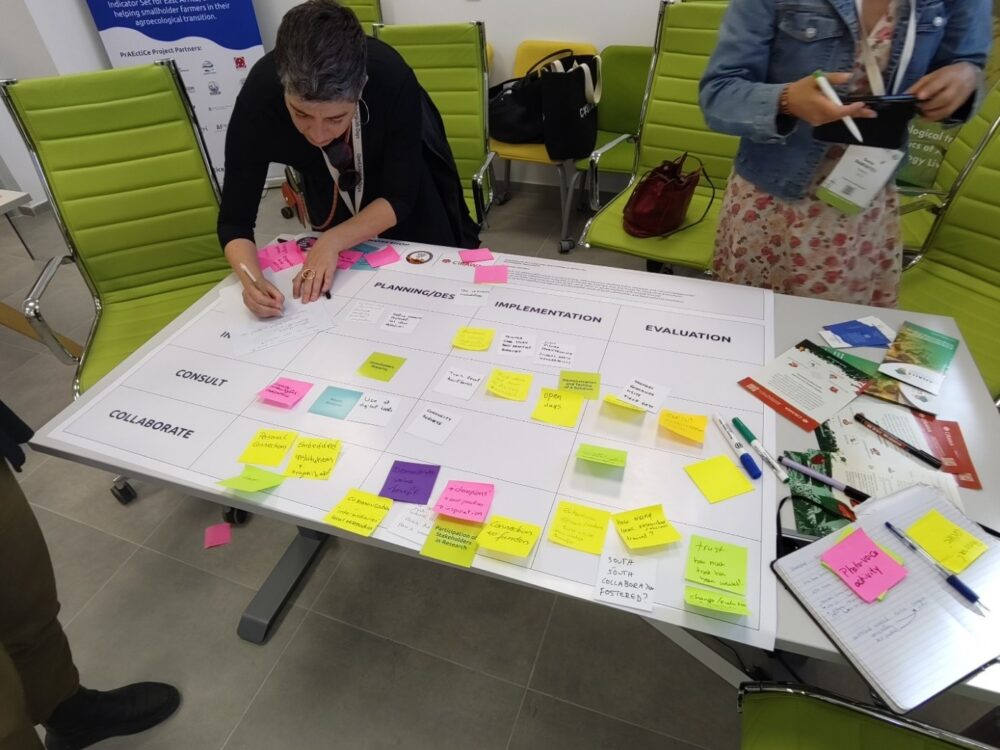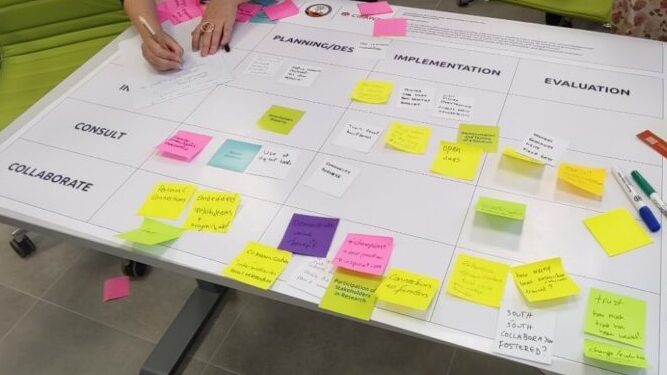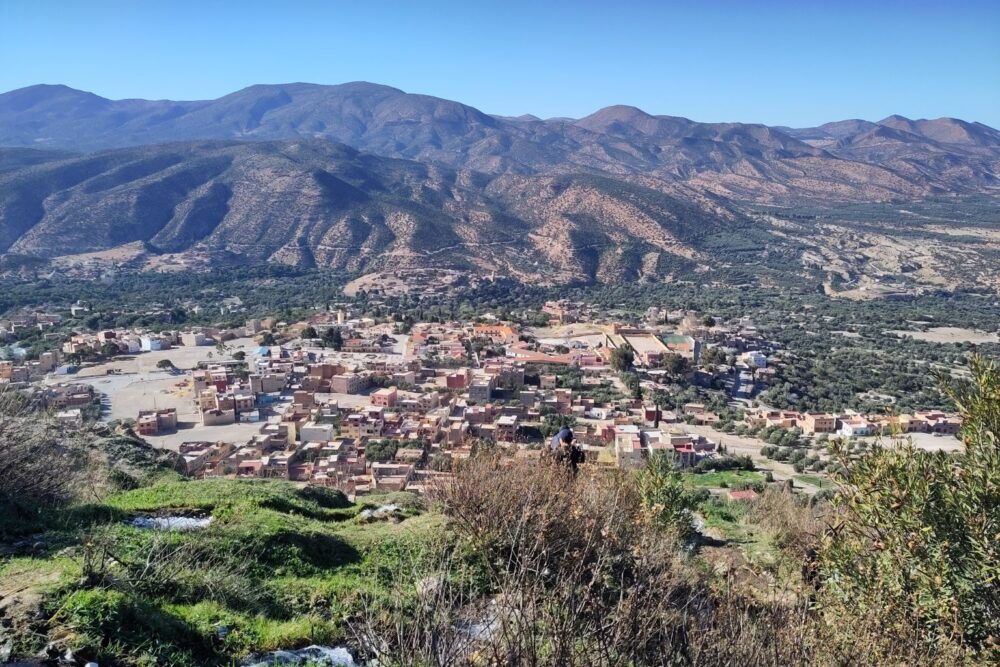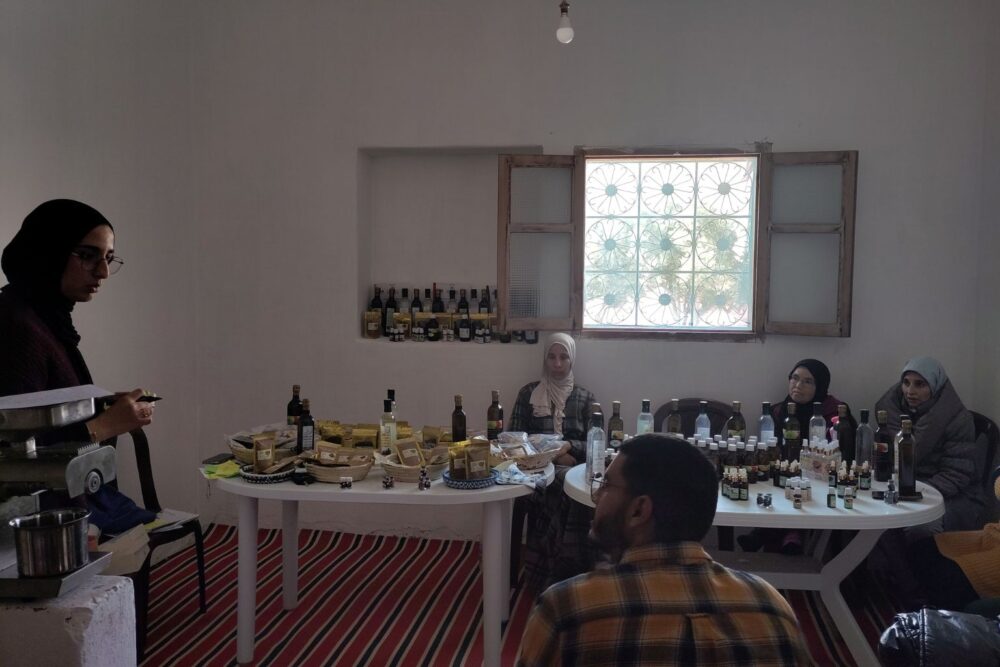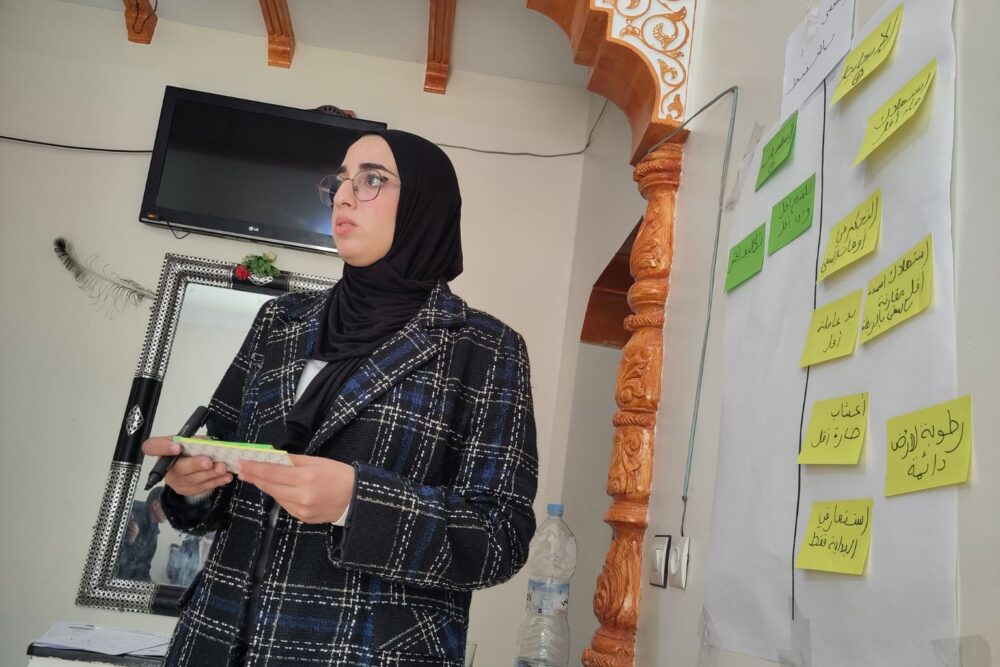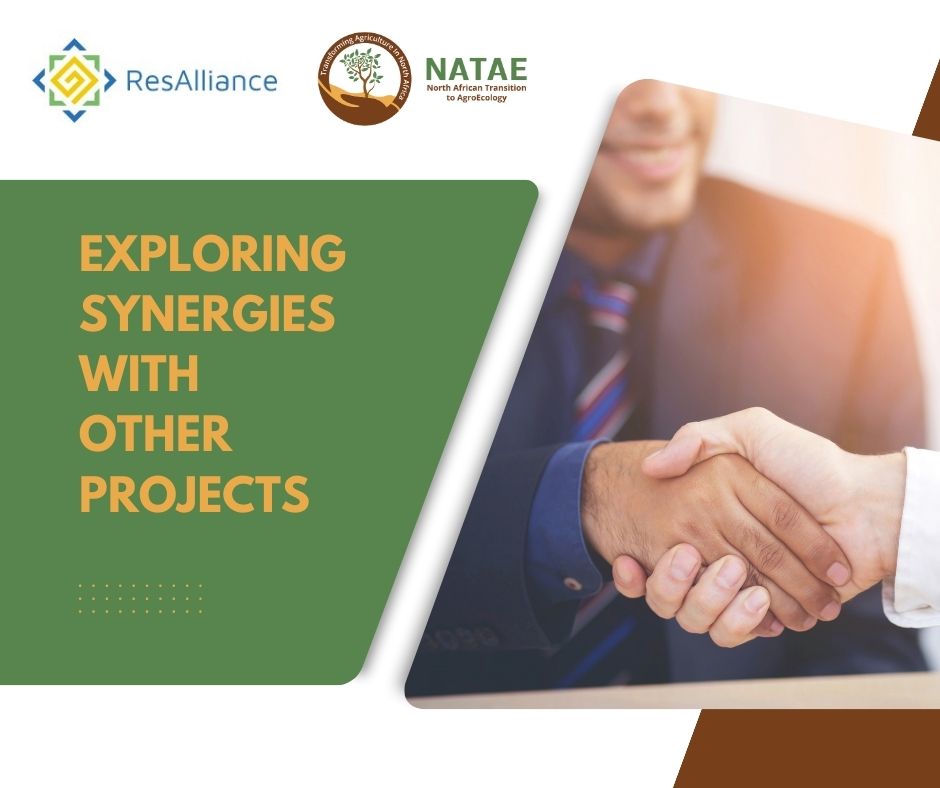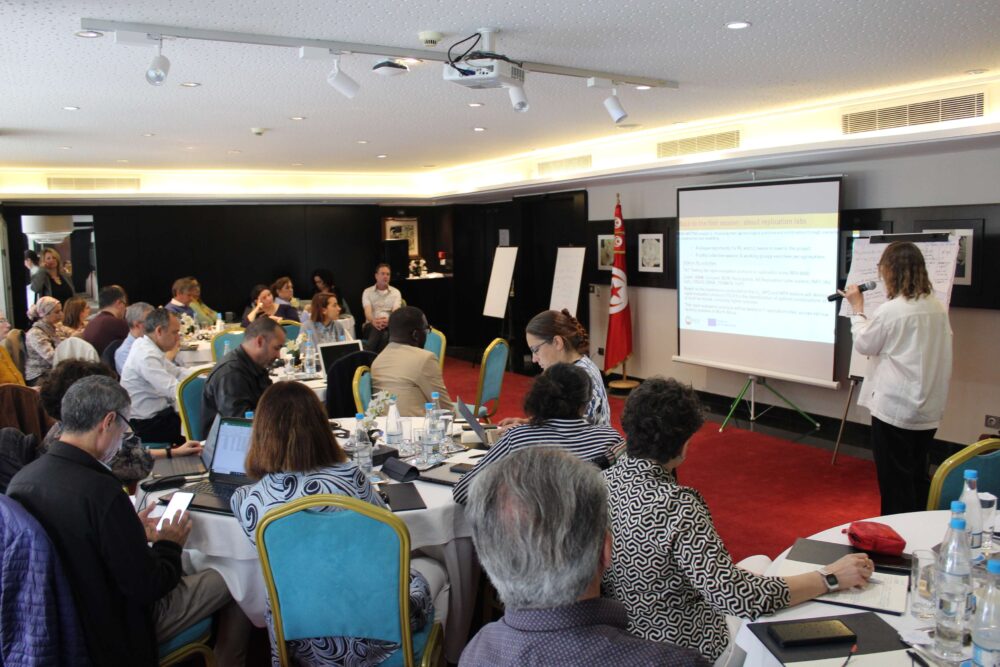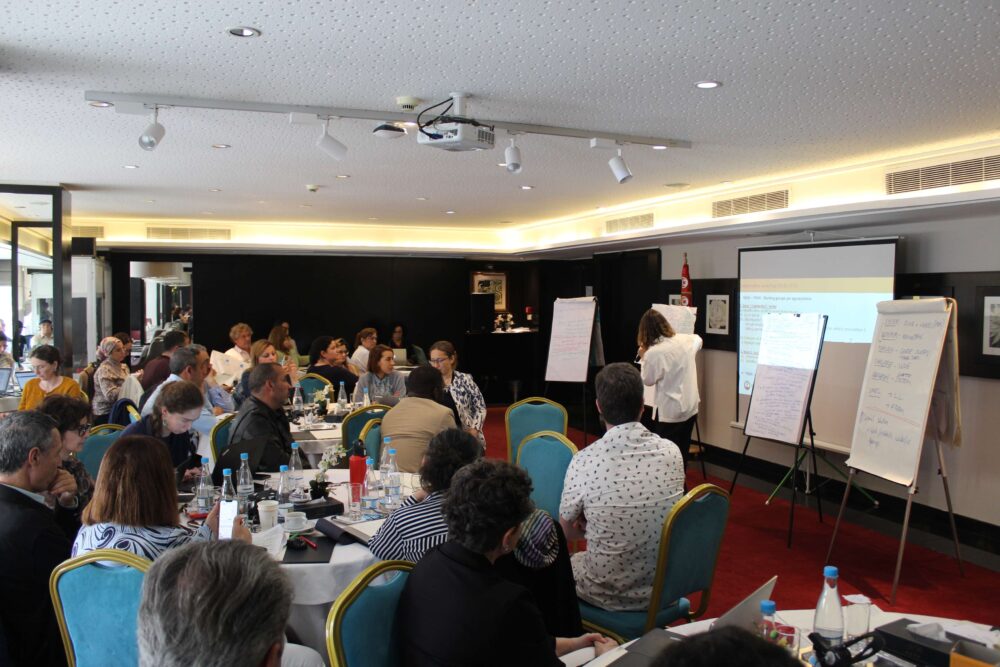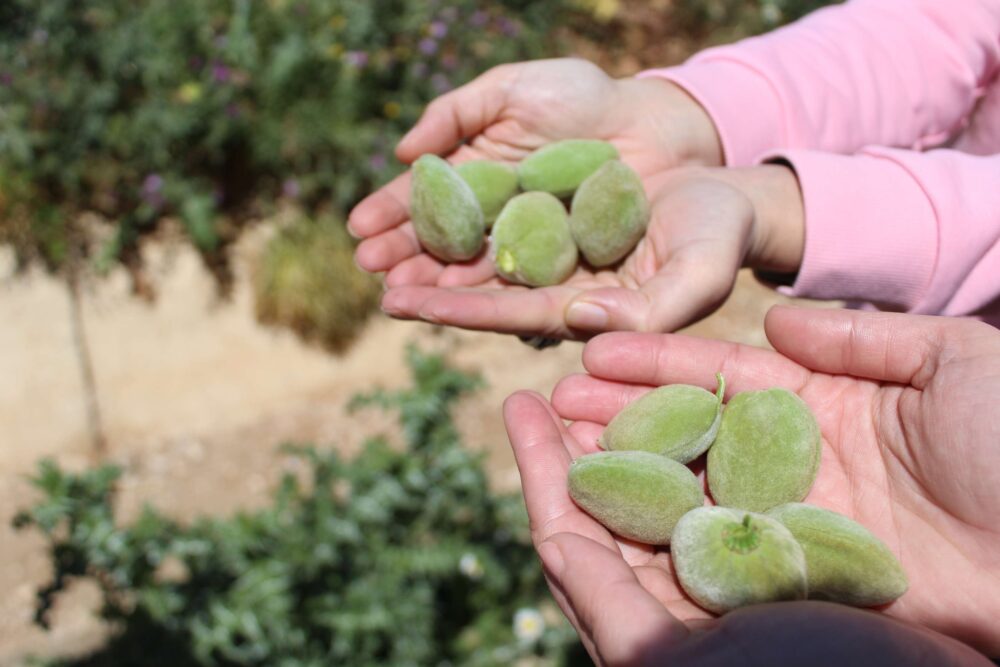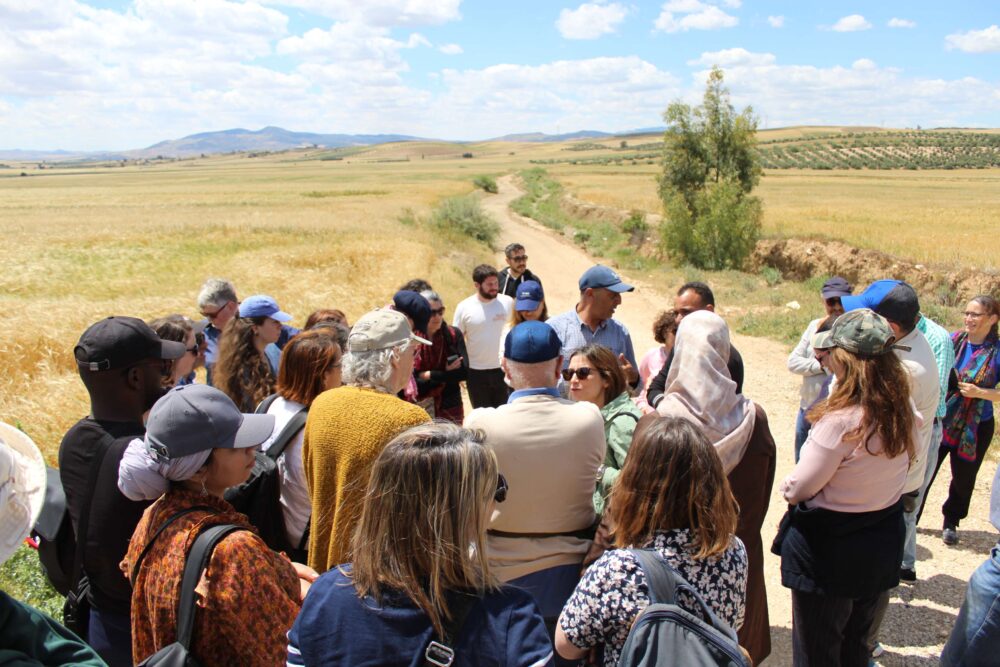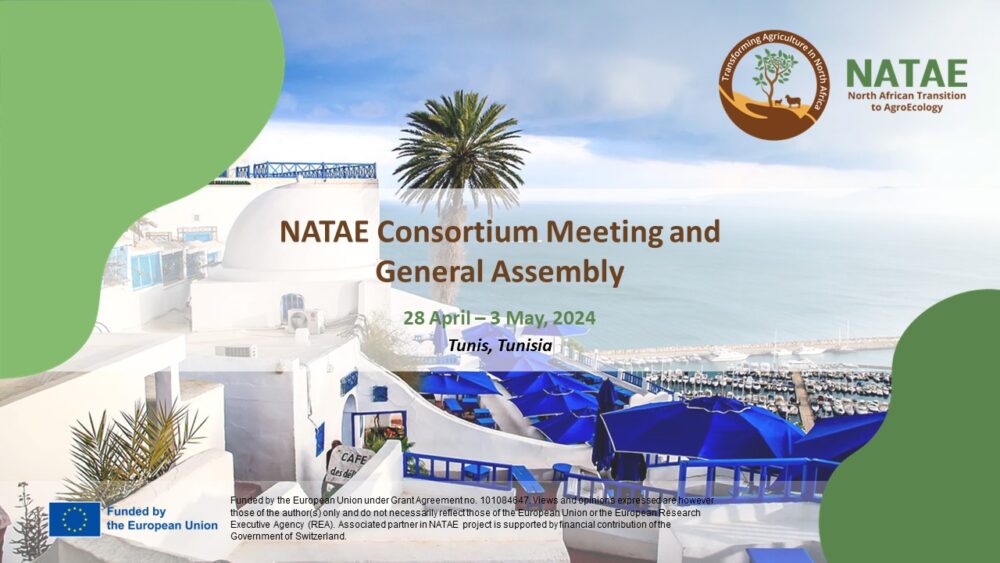Workshop aims and objectives
Following-up on the webinar ‘Agroecology Living Labs in Africa’, during which the four projects under the Horizon Europe Farm to Fork program PrAEctiCE, CANALLS, CIRAWA and NATAE shared their perspectives on the development of Living Labs throughout Africa, an offline workshop was co-organized during the Open Living Lab Days 2024 in Timișoara, Romania. The 1.5 h event brought together in a roundtable discussion participants who were either involved in a Living Lab setting (GDA SIDI Amor, Tunisia or Basaksehir Living-Lab, Turkey) or interested in the Living Lab approach (Digital4Planet) and particular within agricultural research and extension (Acta, France)
The aim of this workshop was to facilitate the exchange of knowledge and experiences among established and upcoming food systems Living Labs throughout Africa and to delve into the opportunities and challenges that arise when international projects set up and operate Living Labs in Africa.
Roundtable discussion and take-home-messages
The roundtable discussion centered around following questions:
- How do we bring together the research and innovation needs of local communities and (international) scientists?
- How can data be collected from Living Labs scientifically by making it easy and simple for living lab practitioners?
- How do we address differences in understanding, communication, working styles, language, and cultural backgrounds?
- How can we foster long-term ownership of the Living Lab in an agroecosystem with limited finance?
Following points were emphasized throughout the discussion and seem crucial for a successful Living Lab approach:
- Need analysis: starting a Living Lab with identifying and analyzing the local challenges, needs and goals of involved Living Lab actors so as to initiate and conduct relevant research and action
- Embeddedness and trust: Living Labs depend on the sustained participation of involved actors. Thus, building personal connections, trust and good working relationships by research and action teams embedded in the local context is deemed crucial.
- Training the local facilitators/researchers etc.: Having the above point in mind, it is therefore, necessary for international projects to invest time and resources in empowering local researchers and facilitators, so as to sustain the work of Living Labs even after the end of externally funded projects.
- Demonstrating benefits, best practices, empower pioneers: To motivate participation in the Living Labs and to create value for the participants it was emphasized that feeding back the results is important through demonstrating best practices and the work of pioneers.
- Cross visits – peer-to-peer/ south-south collaboration: The importance of peer-to-peer and horizontal exchanges were also highlighted when it comes to learning and Living Lab sustainability beyond the timeline of externally funded projects.
Short info on the sister projects
PrAEctiCe aims to facilitate the agroecological transition of farmers in East Africa by providing them with a novel Decision Support Tool (DST) that features an agroecology indicator set. The DST is designed to empower farmers to make informed decisions that can enhance their agroecological practices. To validate the effectiveness of this tool, PrAEctiCe has established three demonstration pilots (living labs) in Kenya, Uganda, and Tanzania. The data generated from these pilots will be used to validate the DST.
CIRAWA using four key agroecological approaches, the project aims to demonstrate in how working with nature can enhance ecosystem health and biodiversity while improving local livelihoods and climate resilience.
CANALLS aims to drive agroecological transitions in the humid tropics of Central and Eastern Africa via multi-actor transdisciplinary Agroecology Living Labs (ALLs) and provide holistic agroecological solutions that meet the challenges of local food systems.
NATAE employs a transdisciplinary Living Lab approach to identify, test and scale tailored agroecological practice combinations with local stakeholders in six Living Labs reflecting the diversity of agroecological zones in North Africa. Farmers and farm-scale agroecological practices are the starting point of NATAE Living Labs, which operate at the community level to enable dialogues and activities between key stakeholders necessary for an agroecological transition
Figure 1: Picture of the A0 poster. The discussion outcomes were structured using an A0 poster with a matrix representing the key activities for stakeholder engagement (inform, consult, involve, and collaborate) as rows and the key phases of a Living Lab lifecycle (planning/design, implementation, and evaluation) as columns. Participants noted down important elements, solutions and examples of activities that can be developed at each stage based on their experience

